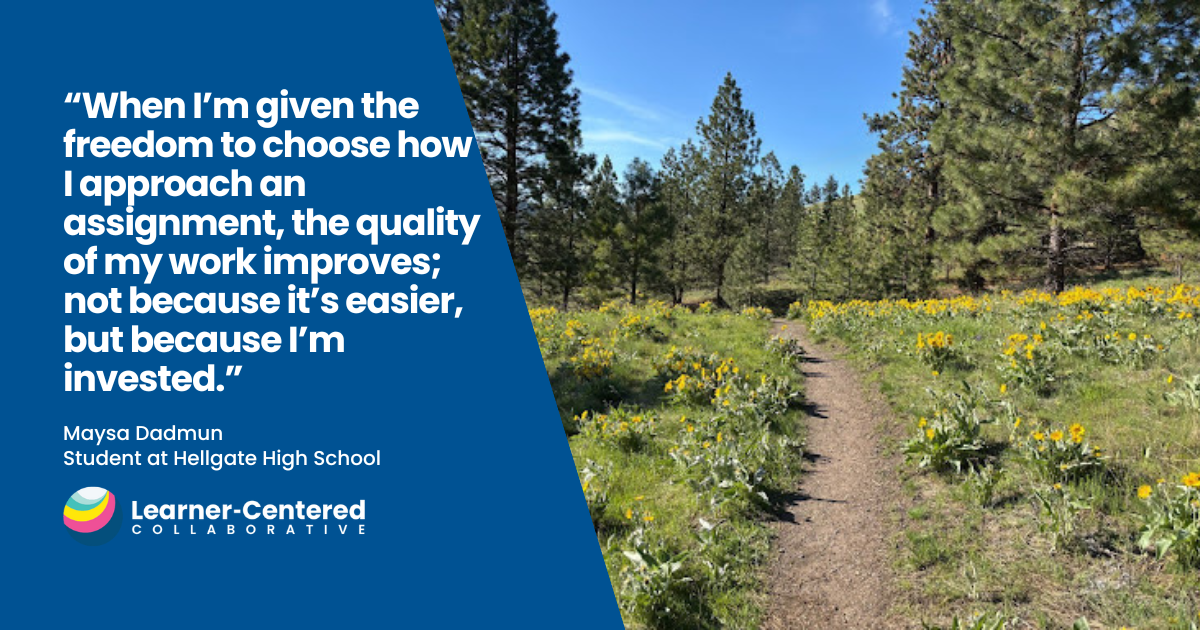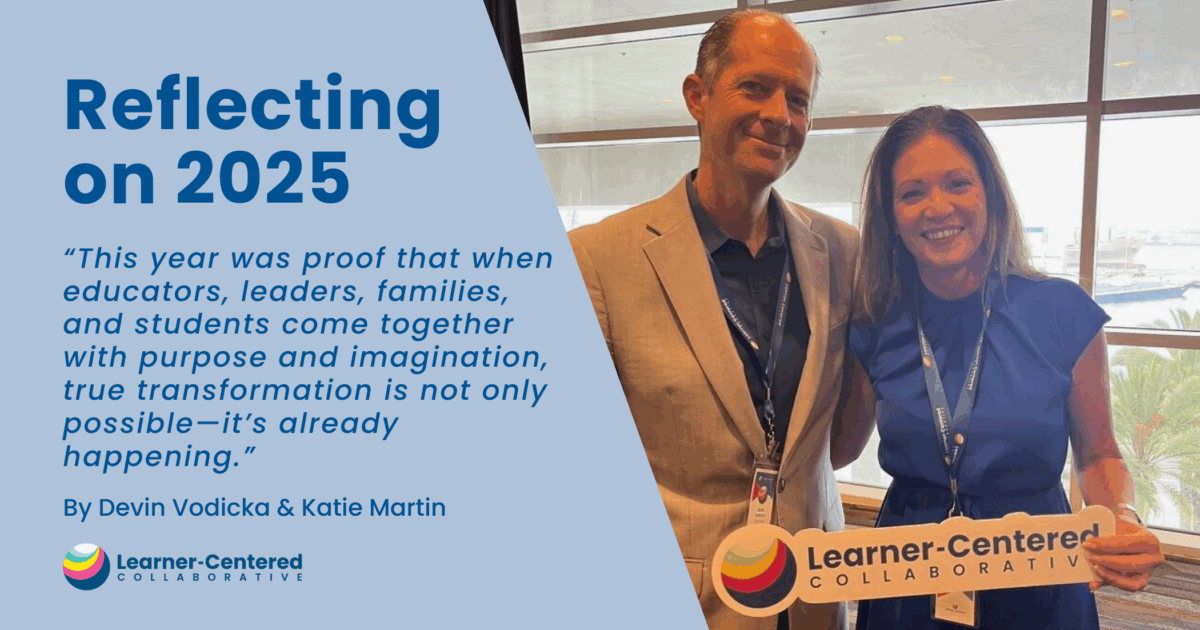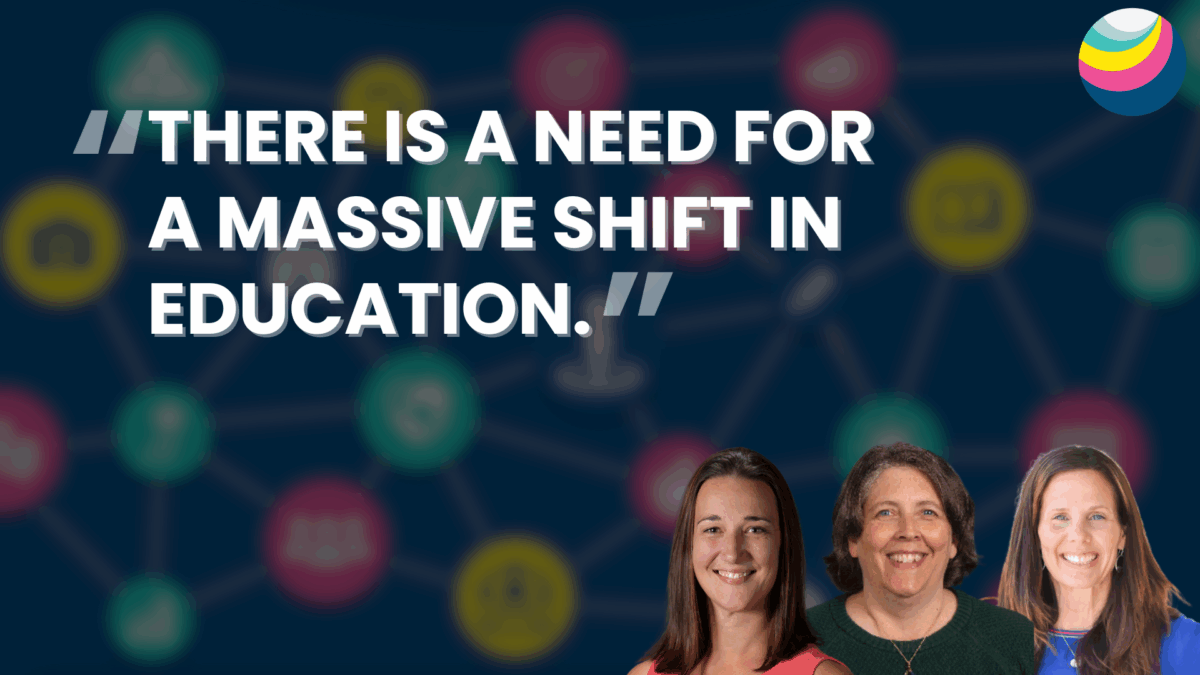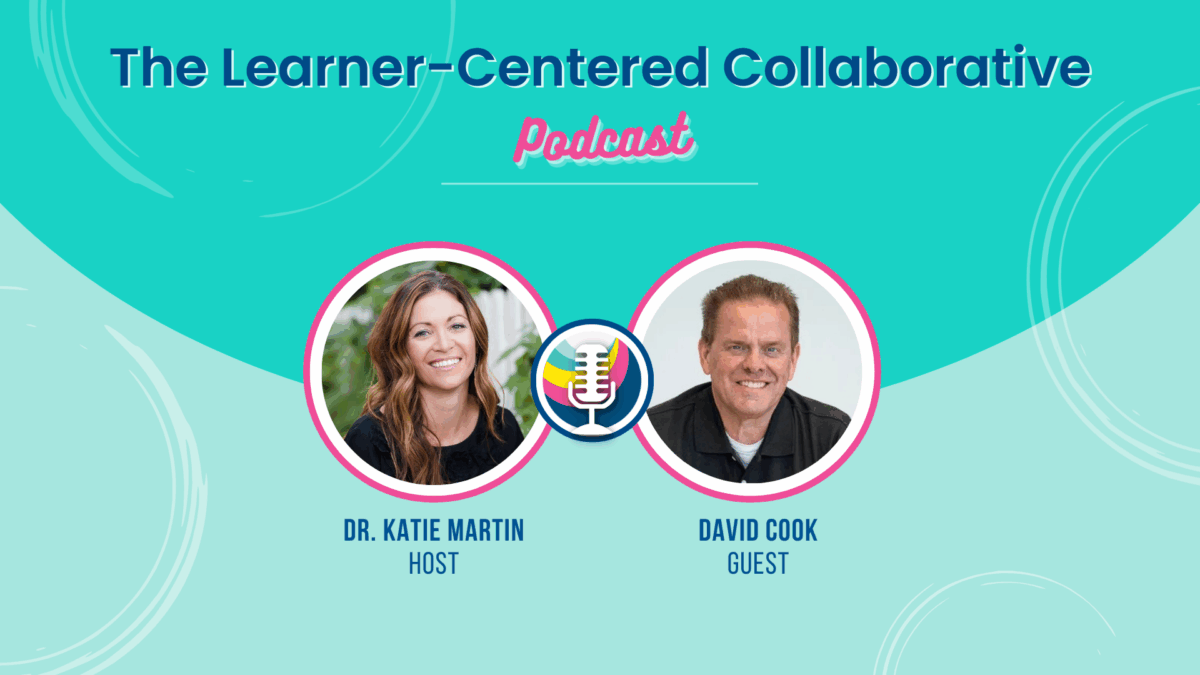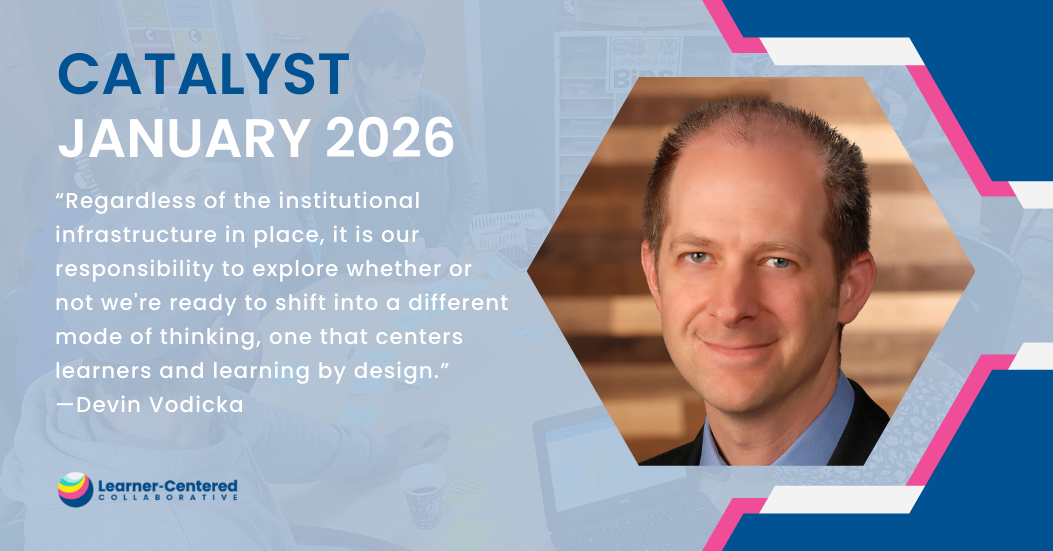Report Card Redesign in Encinitas Union School District
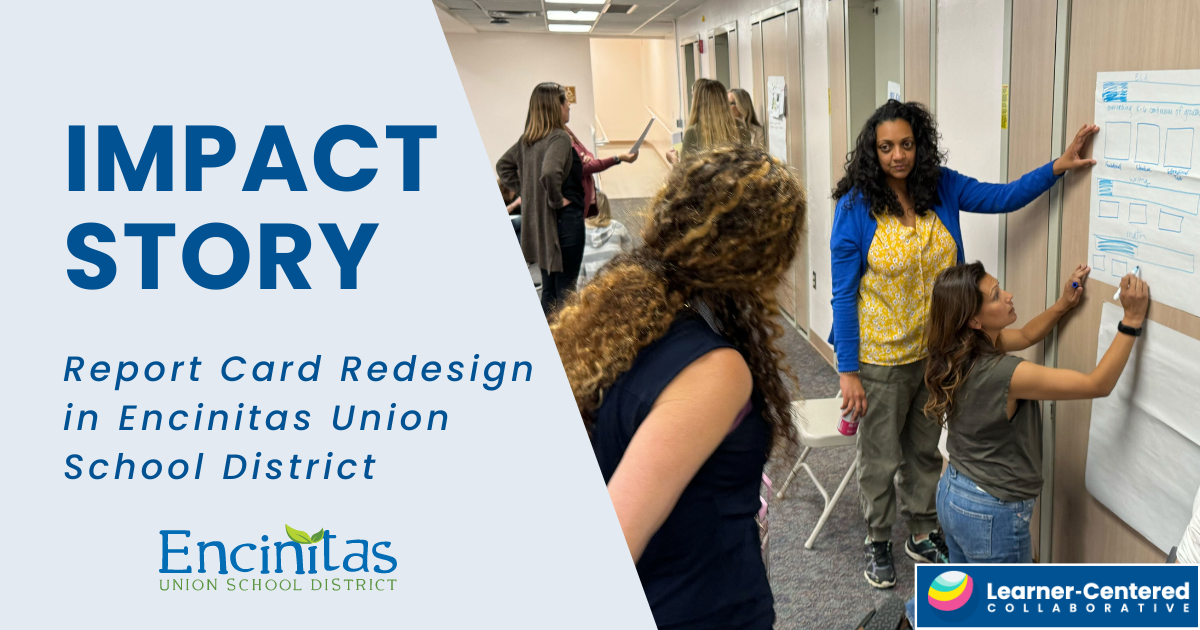
Is redesigning a report card a technical or adaptive change? To answer this, we can turn to the model of technical and adaptive challenges developed by Ronald A. Heifetz (Heifetz & Laurie, 1997; Heifetz & Linsky, 2002). This framework provides valuable insights into the nature of change in education and other fields (Network for College Success, n.d.).
According to Heifetz’s model, technical problems are easily identifiable with quick and easy solutions that can be solved by an authority or expert. Adaptive challenges, on the other hand, are complex as they are difficult to identify, require significant time and effort, demand shifts in mindsets, and necessitate collaborative approaches to find solutions.
In the context of education, this distinction becomes particularly relevant when considering significant changes like report card redesign. Understanding whether a challenge is technical or adaptive can profoundly influence how educators and administrators approach the task at hand.
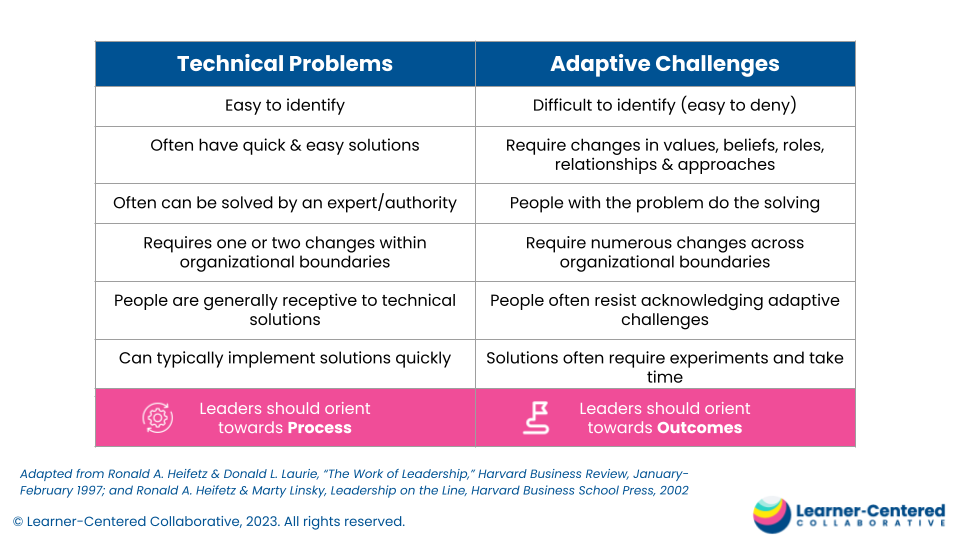
The Technical Aspects of Report Card Design
At first glance, report card design appears highly technical. It involves several concrete, process-oriented tasks that seem straightforward. The IT department must implement a system for educators to input scores and generate reports, while also creating an efficient process for distributing these reports to students and families. The design team needs to carefully map the report card to state standards or competency progressions, evaluate and select appropriate terms for various proficiency levels, and craft a clear, user-friendly format for presenting information. These aspects of report card design involve specific, identifiable steps with relatively straightforward solutions – key aspects of technical problems. However, as we’ll explore, the process goes far beyond these surface-level technical aspects.
The Adaptive Challenge of Report Card Design
However, transitioning from traditional grading systems to a competency-based model is incredibly adaptive. It requires a fundamental reimagining of how we assess and communicate student progress. This adaptive challenge involves reconceptualizing success beyond traditional letter grades, points, or percentages, aligning instructional approaches with skill development, and educating families, learners and educators about the new system. It demands a more nuanced approach to assessment, incorporating a broader range of skills and competencies, and focusing on finding opportunities for learners to demonstrate evidence of learning. The entire school community must adapt to a new learning culture that values feedback, cycles of iteration and growth.
You can read more about the fundamental shifts needed to reach competency-based assessment, grading and reporting structures here.
A Balanced Approach
Being able to identify a challenge as technical or adaptive can support a leader’s orientation to the solution. In his article, “How does a leader know when to focus on process or outcomes?”, Dr. Vodicka recommends following a process orientation for technical problems, but a more outcomes orientation that might leverage a design thinking approach when navigating adaptive challenges. In redesigning a report card, the key is to balance both orientations (Vodicka, 2021). How can leaders maintain an outcomes focus while designing inclusively with and for all stakeholders – learners, families, educators, technologists, and administrators – while simultaneously addressing the technical aspects of the design? This balance is essential for creating a report card that is not only functionally sound but also meaningfully reflects and supports the learning process.
Impact Story: Encinitas Union School District
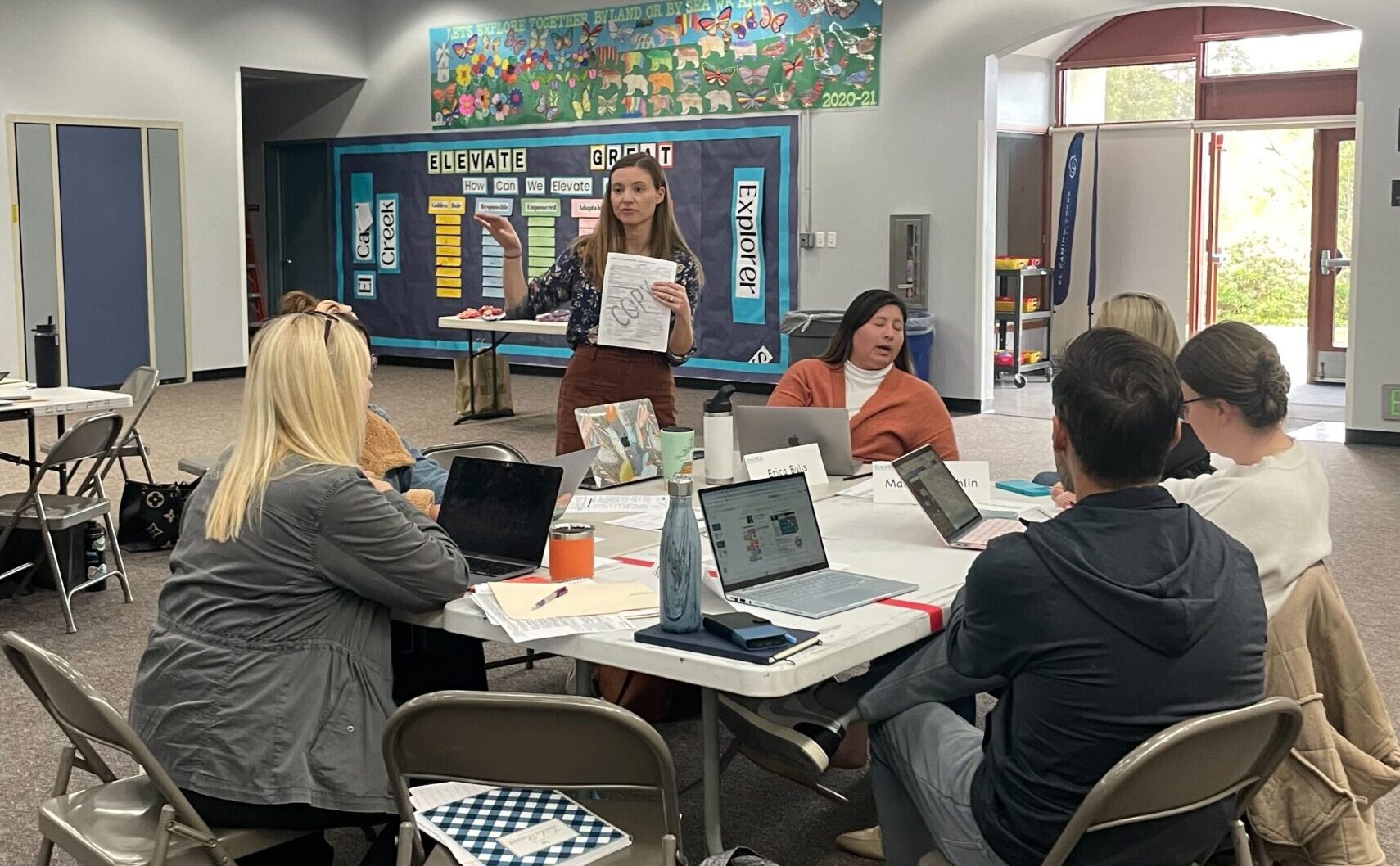
At Learner-Centered Collaborative, we recognize that report card redesign is both a technical and adaptive challenge. Our approach to Design Team work always begins with a deep dive into the current context and the needs of each group.
In our collaboration with Encinitas Union School District to redesign their report card, we began by analyzing survey data from families and educators about their experience with the decade-old standards-based report card. The Report Card Design Team, made up of 30+ classroom teachers, instructional coaches, and school and district leaders, synthesized the challenges with the current report and surfaced everyone’s needs.
To address both technical and adaptive aspects, we examined models of standards and competency-based reporting tools from around the country. This research informed our discussion of essential questions:
- What outcomes (standards, competencies, etc) should be reported on the report card?
- What proficiency levels should be used (ie. 1-4 or more descriptive language)?
- What types of narratives or comments from teachers should be included?
- How could the Learner Profile competencies be incorporated into the new report card?
- What should the look and layout of the report card be?
As we discussed these questions, new ones emerged, and the answer to one influenced the next. We also discussed constraints, such as technology tools and the timeline for implementation. Ultimately, the group developed both long-term ideas and a short-term design that could be implemented in the current school year, balancing future vision with immediate practicality.
After each design session, leaders would connect with IT to ensure that what educators and leaders wanted for the report card was possible from a technical perspective. Members of the design team also returned to their sites after each session and shared prototypes of the new report card for feedback from learners, families and other educators to continue the inclusive design process. Each session began by unpacking their feedback and continuing to iterate, making shared group decisions. This inclusive process addressed the adaptive challenge of shifting mindsets and building buy-in for the new system.
As a result of this collaborative effort, an updated standards-based report card will be implemented in Winter 2025. It includes space for learners in 2nd-6th grade and educators to reflect on the Learner Profile competencies, representing a significant shift in how student progress is conceptualized and communicated. The design team will continue to meet to reflect on the implementation and synthesize feedback for the next iteration of the district report card.
Lessons from Encinitas Union School District
Encinitas Union School District’s experience demonstrates the balance between technical and adaptive challenges in the report card redesign process. While the team addressed technical aspects such as layout design and IT integration, they also tackled the adaptive challenges of shifting mindsets, redefining student success, and fostering a growth-oriented assessment culture.
This holistic approach ensures that the new report card is not just a technical upgrade, but a tool that reflects and supports the district’s vision. As the design team continues to meet, reflect, and iterate, they demonstrate the ongoing nature of adaptive change in education, aligning their reporting practices with their vision for student learning and growth.
References
Heifetz, R. A., & Laurie, D. L. (1997). The work of leadership. Harvard Business Review, 75(1), 124-134.
Heifetz, R. A., & Linsky, M. (2002). Leadership on the line: Staying alive through the dangers of leading. Harvard Business School Press.
Network for College Success. (n.d.). Technical Problems vs. Adaptive Challenges. In Unpacking Adult Mindsets Tool Set B. University of Chicago. Retrieved September 4, 2024, from https://ncs.uchicago.edu/sites/default/files/uploads/tools/NCS_PS_Toolkit_DPL_Set_B_TechincalProblems.pdf
Vodicka, D. (2021, April 25). How does a leader know when to focus on process or outcomes? Learner-Centered Leadership. https://learnercenteredleadership.org/2021/04/25/how-does-a-leader-know-when-to-focus-on-process-or-outcomes/
